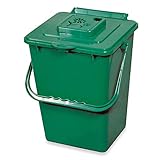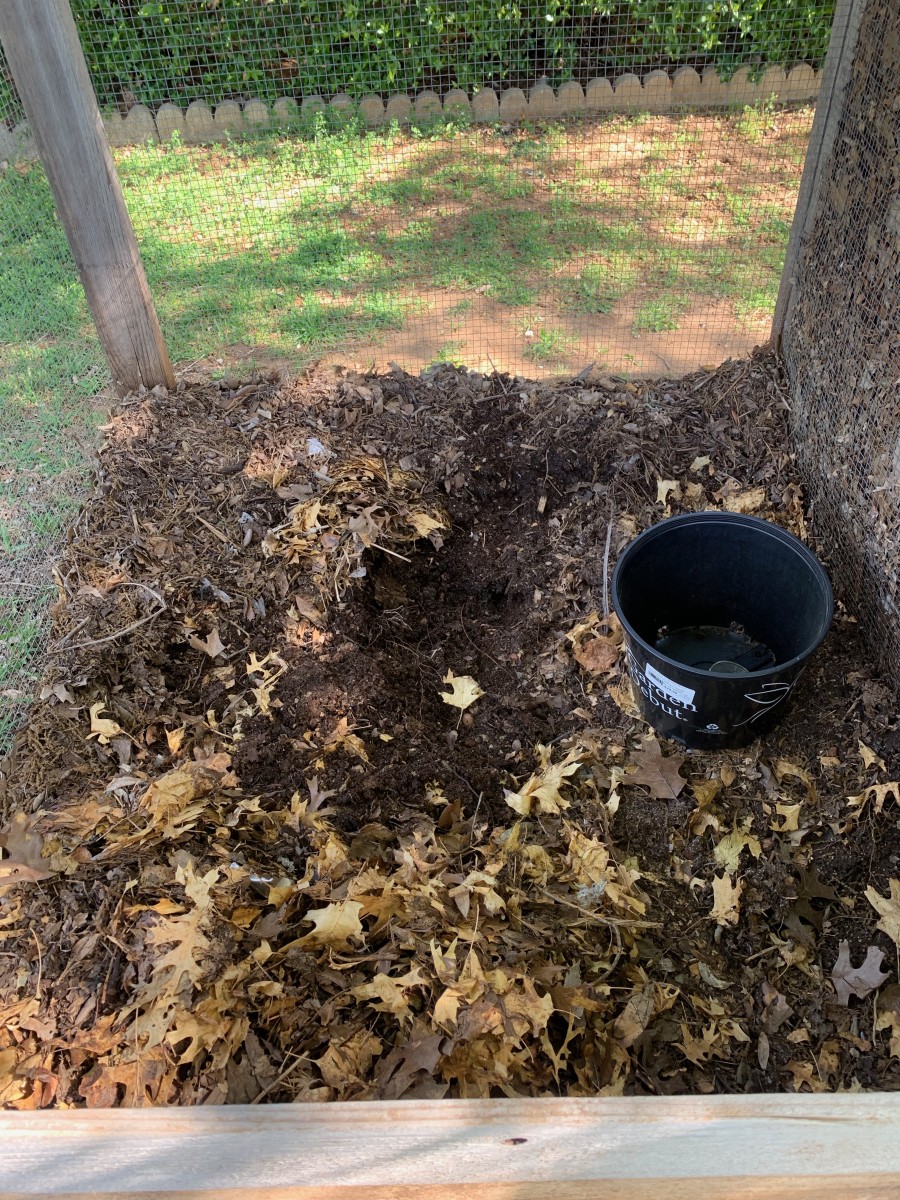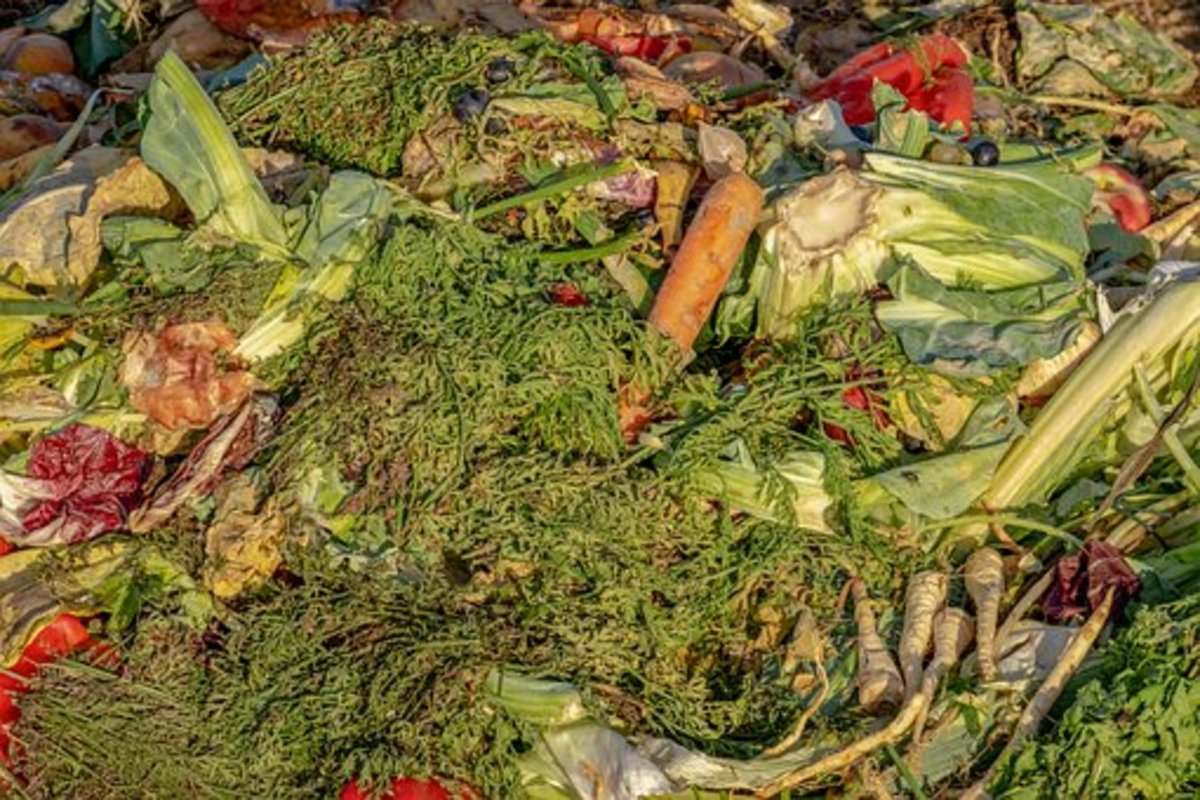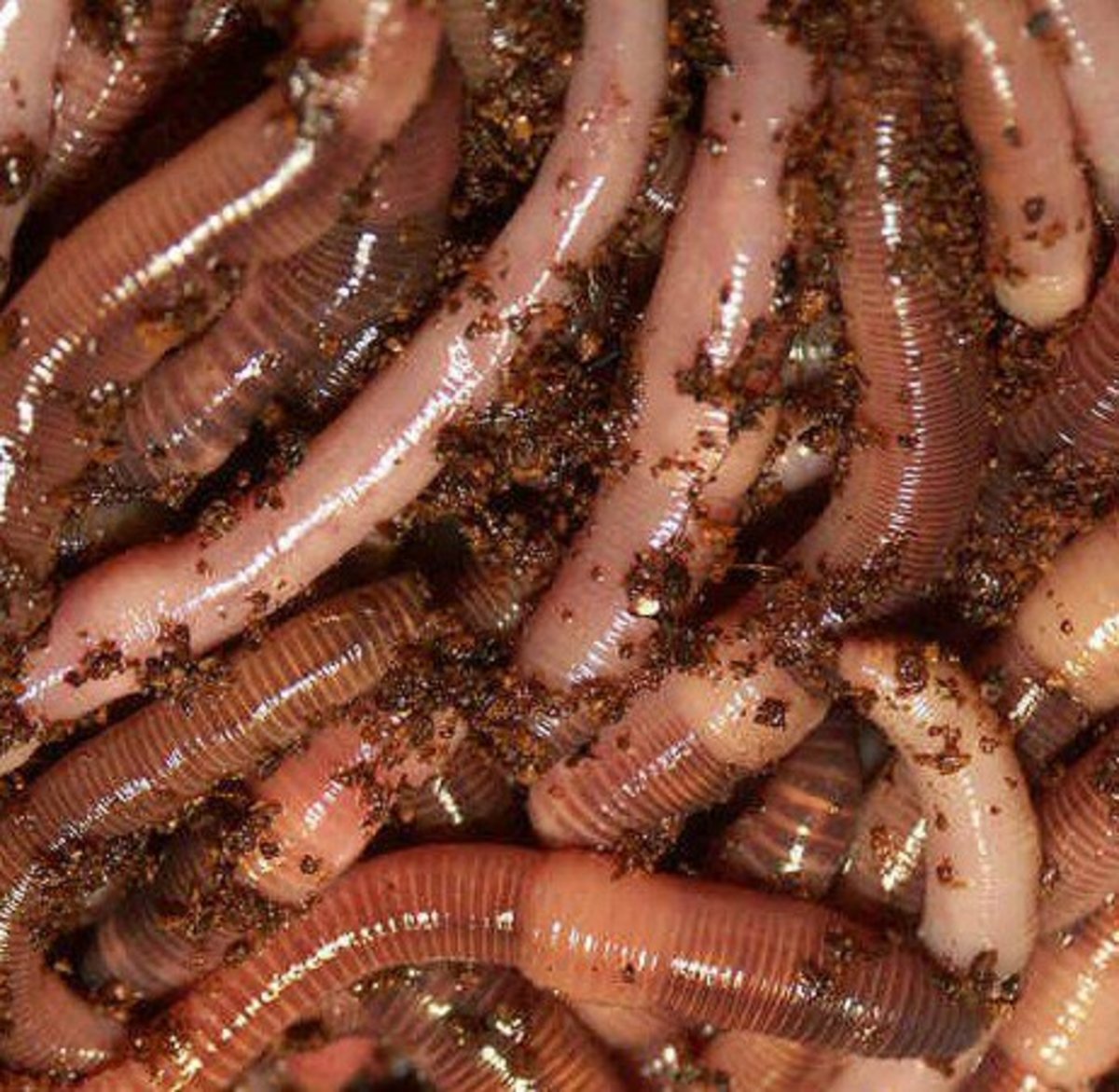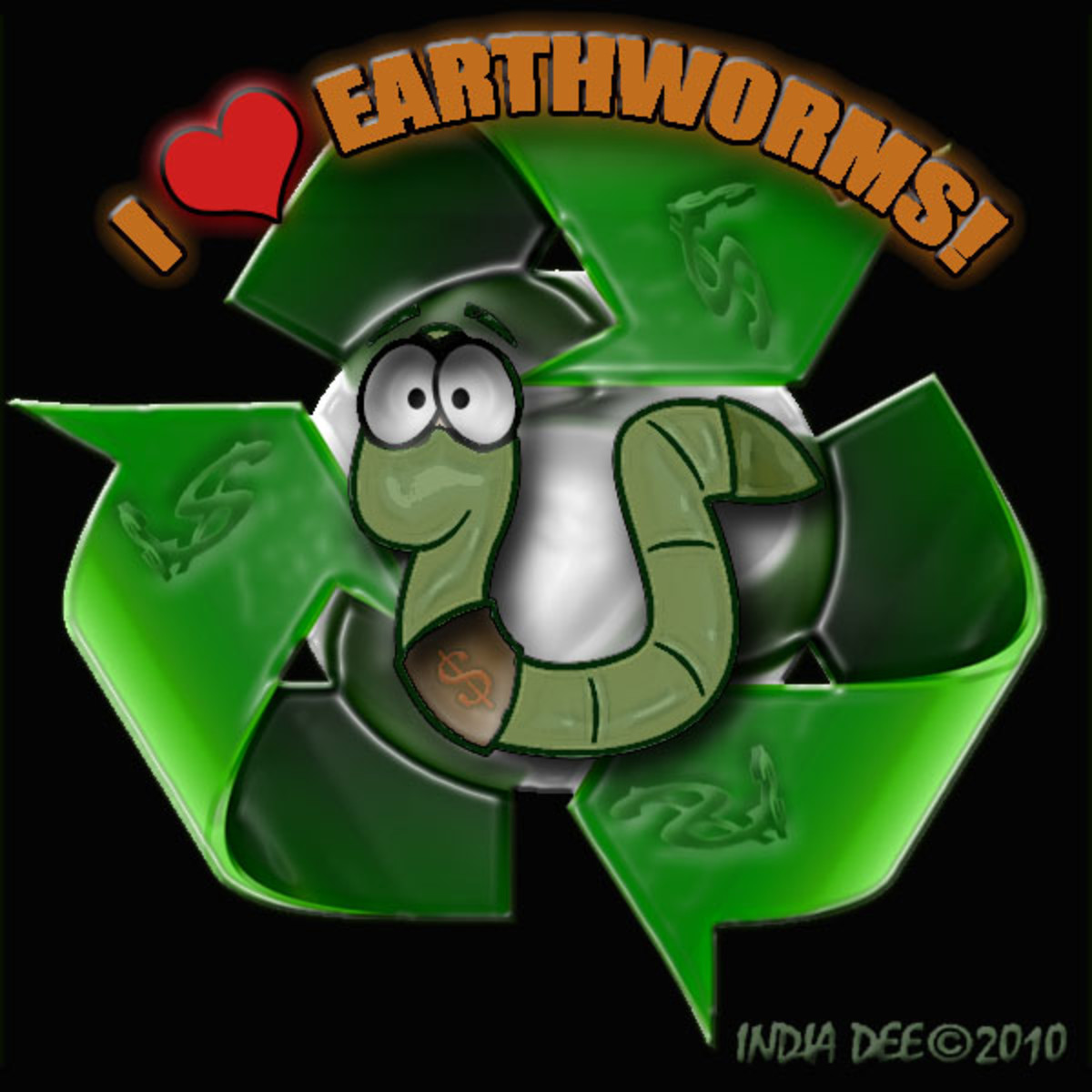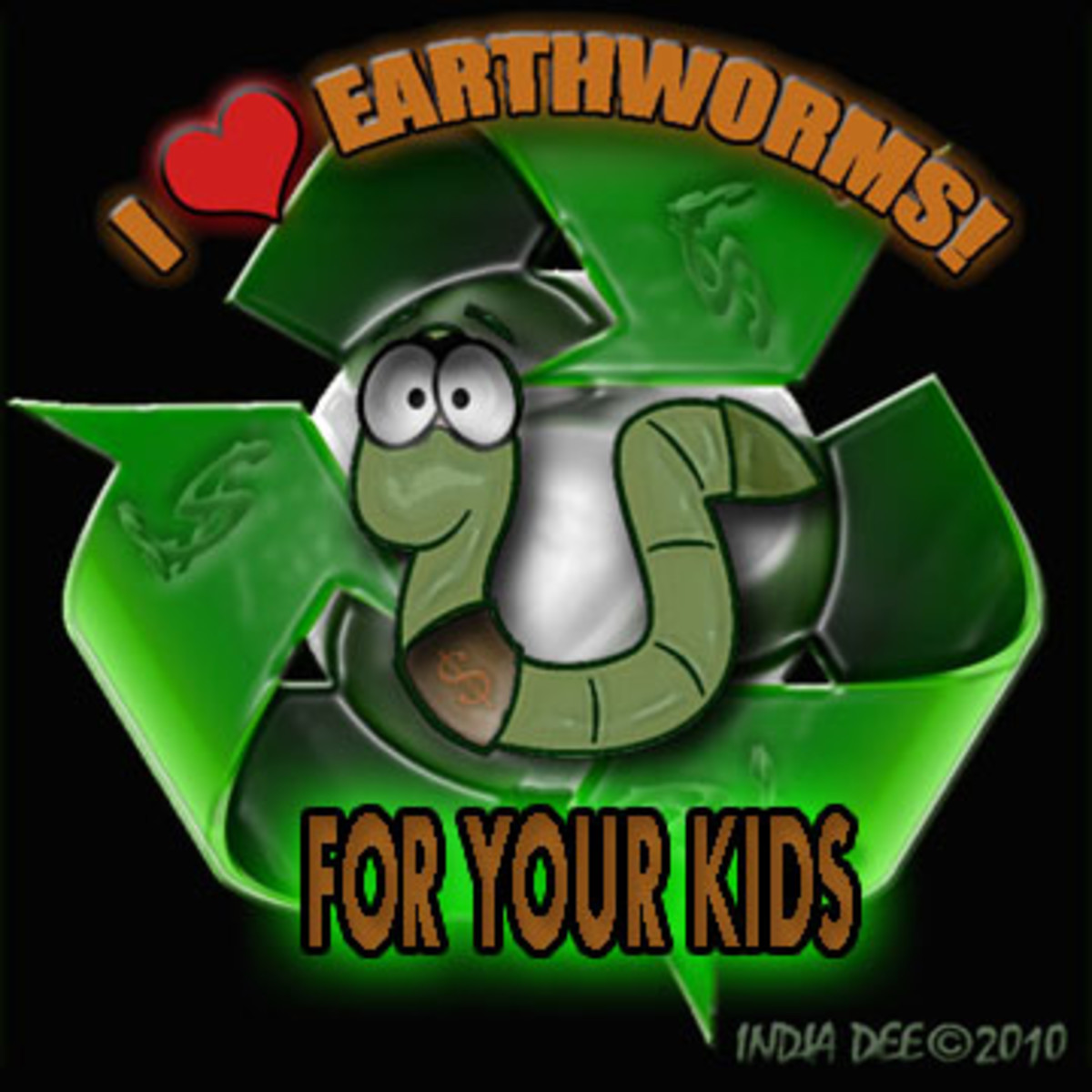What Garbage can Be Added to a Compost Pile?
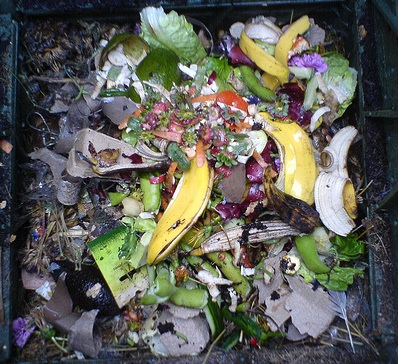
When you waste food, you're basically throwing money away. By composting your kitchen garbage, you are not wasting the food and you're actually helping out your wallet. By composting you are creating healthy material that you can use in your garden, which lessens the need for new dirt and natural fertilizer that you'll need next year.
You'll actually be surprised as to how much money you actually throw away in your kitchen garbage or disposal. Just be aware that you can't use all of your kitchen waste in your compost.
In the house buckets are great to store your garbage until you can make it to your compost bin. It saves daily trips outside.
What to include in compost
You want to include all of your vegetable waste, to include wilted lettuce, uneaten apple cores, carrot tops, other roots, broccoli stalks (chopped), potato skin, vegetable shavings, and any other vegetable materials.
Also, include fruits that have gone bad. Just make sure that you cut them into smaller pieces. You don't want to throw the remaining apples in the compost without chopping them into at least quarters, as they'll still be sitting there months later.
By chopping larger items into smaller pieces, you're making the decomposition process a little faster.
Other kitchen materials that you should include into your compost are:
- Tea bags
- Coffee grounds (lots of nitrogen)
- The paper fillers from the coffee grounds
- Eggshells (lots of calcium, which most soils are deficient of)- Air dry the shells and crush them up
Even if you're not a big egg eater or coffee drinker, you can enlist your friends and co-workers who may be, but don't compost. You can also get the coffee grinds and filters from work. Starbucks actually has a program where they provide gardeners with 5 pound bags of their grounds.
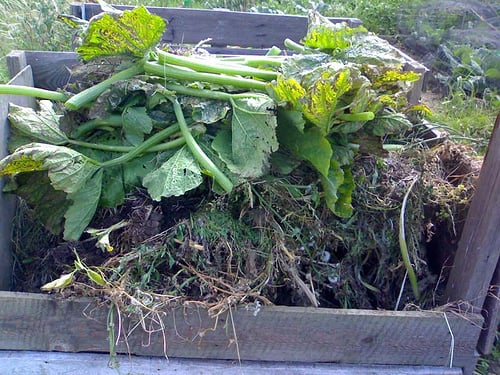
Where you generally don't want to include any meat products, you can include lobster, crab, and shrimp shells into your compost. They are very rich in nitrogen and will keep your compost cooking, which is what you want. The shells contain trace elements and chitin that can be hard to find in other materials that will benefit your plants, especially in warmer climates, such as the South, where there are destructive root knot nematodes that can harass the plants. Just don't overdo it as they are very nitrogen rich; it's recommended that you stick with no more than a gallon per a standard bin or tumbler. And, make sure you have plenty of shredded leaves to help them cook.
You can add well chopped up fish debris if you're composting in a closed in unit. You don't want to add seafood to an open pile, exposed bin, or a sealed plastic bin because it'll turn into a raccoon buffet. If you have bears, it's not suggested to add seafood parts to even metal units because they'll easily rip the composter into small pieces to get to the seafood.
If you have herbivore pets, such as hamsters, rabbits, guinea pigs, chinchillas, gerbils, as well as larger herbivores such as llamas. you can add their poo to the mix. You never want to add the poo from animals that eat meat to your compost, but herbivore poop is ok to add.
You
can even add 'barnyard manure' to your compost. Horse manure is packed
with nitrogen and will help your pile heat up quickly. Just make sure
that you're still adding plenty of dry, brown matter such as leaves,
straw, or wood shavings.
You can also include garden materials such as:
- Healthy garden plants that are dead or dying (just as long as they're not diseased!)
- Weeds if they've not yet gone to seed (dandelion and other weeds with long taproots are great)
Consider drying out your dandelions before adding them to your compost.
And, lastly consider adding finished compost to your pile of cooking compost.
What NOT to include in compost
When adding your egg shells to your compost, it's important to dry them because you don't want the egg insides.
Never include meat, bones, fat, dairy, or any other animal products except for the exceptions above (lobster, crab, and shrimp shells are ok and very beneficial especially in warmer climate areas).
Do not add dog or cat poop.
No ashes in your compost, either.
Commercial compost starters may seem great, but you don't really want to add them until the very end because many of the microorganisms that help make your compost die from the heat of decomposition. The activator helps re-colonize the microorganisms to the soil.


